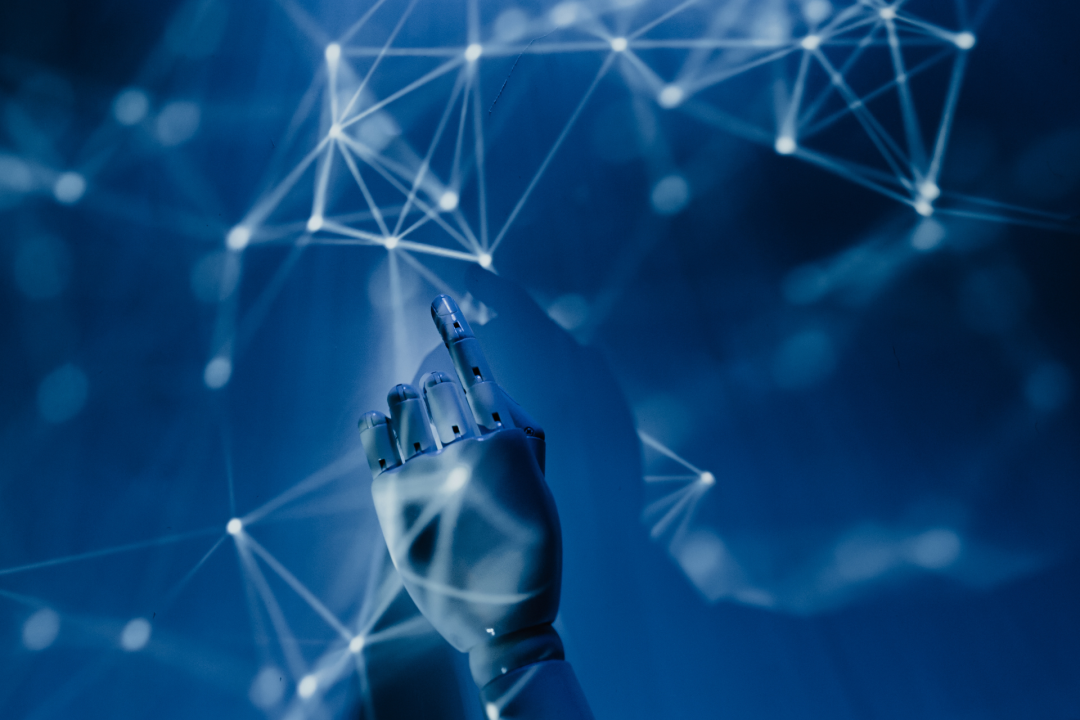
The green issues to watch at Davos 2024 (Financial Times)
Climate, chaos and war fill a doomy agenda at Davos (The Guardian)
Faster, Greener, Fairer: What needs to happen next to transform our energy system (WWF)
Earthlings take note: the sun will be its most active in two decades (Washington Post)
Earth boiled in 2023 — will it happen again in 2024? With last year now officially the hottest on record, climate researchers look ahead with trepidation (Nature)
Drought Touches a Quarter of Humanity, U.N. Says, Disrupting Lives Globally (NY Times)
“Nobody and nowhere will be safe”: Experts say we can’t hide from climate change (Salon)
Digital Solutions For A Greener Tomorrow: Harnessing Technology For ESG Strategies (Forbes)
Stakeholder Metrics Initiative: over 150 companies implement sustainability reporting metrics (WEF)
Seizing climate solutions: the time is now (Economist Impact)
US Greenhouse gas emissions dropped 1.9 percent in 2023 (India Times)
Carbon pollution is down in the U.S., but not fast enough to meet Biden’s 2030 goal, new report says (Construct Connect)
Last year marked the hottest on record by a significant margin, with the planet now experiencing a 1.48-degree Celsius increase since the onset of the fossil-fuel revolution. The acceleration of global heating is evident, and this year is poised to set another record, driven in part by the lingering influence of the El Niño climate pattern observed in the latter half of 2023.
Remarkably, the United States witnessed a record number of billion-dollar weather disasters, including unprecedented air-quality issues in the Northeast and Midwest caused by Canada’s wildfires. Internationally, countries like Libya, Guam, Malawi, and Peru grappled with devastating floods, while drought now affects a quarter of humanity, imposing disproportionately high recovery costs on developing nations.
Addressing climate change necessitates a reversal of the long-standing trend of increasing greenhouse gas concentrations in the atmosphere. The next two years are pivotal as countries prepare to submit strengthened climate-action plans under the Paris Agreement in 2025.
The more governments witness transformative changes in the economy, the more likely they are to set ambitious goals and incentives.
Amidst the complexities of the 21st century, integrating disruptive technologies and sustainable practices is not merely an option—it’s the path forward. The convergence of artificial intelligence, robotics, intelligent automation, next-generation telecommunications, and computing is essential in redefining connections between people, processes, and the environment.
In a world facing rapid climate change, the urgency for sustainable practices has never been more apparent. Organizations worldwide are recognizing the need to drive social and environmental progress. They are embedding sustainable practices in core strategies, operations, and purpose, leveraging technology to redefine business models and create a positive impact.
Rising temperatures, extreme weather events, and resource depletion pose significant threats, but they also present an opportunity for innovative solutions that can serve as a global model for sustainable development. Embracing sustainable development through disruptive technologies provides a pathway to reimagine business processes, reduce environmental footprints, and contribute to the global effort to combat climate change.
Data-driven technologies like the Internet of Things, robotics, and artificial intelligence can enhance climate change monitoring, optimize energy use, and promote low-emission technology adoption. Organizations can act as change agents by implementing a roadmap to zero emissions, leveraging digital technology for biodiversity preservation, and focusing on sustainable manufacturing practices.
Setting ambitious targets for reducing greenhouse gas emissions, adopting renewable energy, and influencing partners to adopt sustainable practices are critical. Furthermore, by utilizing digital technology for biodiversity conservation, such as satellite imagery, machine learning, and data analytics, and employing sustainable manufacturing solutions, including achieving carbon neutrality, organizations can actively contribute to the protection of critical ecosystems and realizing a sustainable future.
As we march toward a more digital future, it is imperative for companies to consider the tools that will support their environmental, social, and economic objectives while combatting rising emissions.

Beatriz Canamary is a consultant in Sustainable and Resilient Business, Doctor and Professor in Business, Civil Engineer, specialized in Mergers and Acquisitions from the Harvard Business School, and mom of triplets. Today she is dedicated to the effective application of the UN Sustainable Development Goals in Multinationals.
She is an ESG enthusiast and makes it possible to carry out sustainable projects, such as energy transition and net-zero carbon emissions. She has +15 years of expertise in large infrastructure projects.
Member of the World Economic Forum, Academy of International Business and Academy of Economics and Finance.